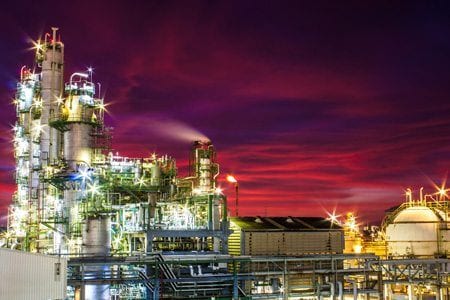
Petrochemicals play a crucial role in our modern world, serving as the building blocks for a wide range of products we use daily. Derived from petroleum or natural gas, these chemicals undergo various processes to transform into valuable materials. In this blog post, we will delve into the world of petrochemicals, exploring five key types and their diverse applications. From plastics to pharmaceuticals, these versatile compounds have revolutionized numerous industries.
- Ethylene:
Ethylene, a primary petrochemical, is widely used in the production of plastics, fibers, and synthetic rubber. Its versatility stems from its ability to polymerize, forming long chains of repeating units. This process results in the creation of polyethylene, which is used in packaging materials, pipes, and even clothing fibers. Additionally, ethylene is a vital component in the manufacturing of solvents, detergents, and adhesives. - Propylene:
Propylene, another essential petrochemical, finds its applications in various industries. It is a key ingredient in the production of polypropylene, a versatile plastic used in packaging, automotive parts, and textiles. Propylene is also utilized in the manufacturing of paints, coatings, and adhesives due to its excellent adhesive properties. Furthermore, it serves as a building block for the production of important chemicals like propylene oxide and acrylonitrile. - Benzene:
Benzene, a highly aromatic petrochemical, is a fundamental component in the production of numerous chemicals. It is a key raw material for the manufacturing of plastics, synthetic fibers, and rubber. Benzene is also a crucial ingredient in the production of pharmaceuticals, dyes, and pesticides. However, it is important to note that due to its toxic nature, proper safety measures must be implemented during its handling and processing. - Methanol:
Methanol, also known as wood alcohol, is a petrochemical with a wide range of applications. It is primarily used as a solvent in various industries, including paints, coatings, and adhesives. Methanol is also a key component in the production of formaldehyde, which is further utilized in the manufacturing of plastics, resins, and textiles. Additionally, methanol serves as an alternative fuel source and is used in the production of biodiesel. - Toluene:
Toluene, a versatile petrochemical, finds its applications in several industries. It is a vital ingredient in the production of solvents, paints, and coatings due to its excellent dissolving properties. Toluene is also utilized in the manufacturing of explosives, dyes, and pharmaceuticals. Furthermore, it serves as a precursor for the production of benzene and xylene, which are essential components in the petrochemical industry.
Conclusion:
Petrochemicals have revolutionized numerous industries, providing the foundation for a vast array of products we rely on daily. From the production of plastics and synthetic fibers to the manufacturing of pharmaceuticals and paints, these chemicals play a pivotal role in our modern society. Understanding the diverse applications of petrochemicals, such as ethylene, propylene, benzene, methanol, and toluene, allows us to appreciate their significance and the impact they have on our daily lives.

